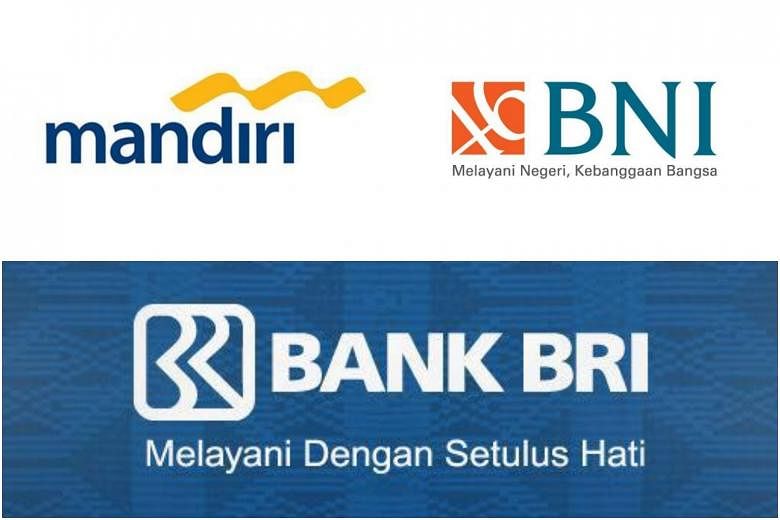JAKARTA - In Indonesia, being seen as halal is serious business. Starbucks and KFC show off their halal certification from the country's top clerical body even though the franchises are rarely associated with booze or bacon.
But when it comes to banking Indonesian households and businesses are less picky.
Less than 10 per cent of the country's banking assets - business loans, mortgages and other lending - are held by the country's syariah banks, according to Indonesia's Financial Services Agency (OJK).
As a result, the country's lenders are minnows in the syariah banking world, holding 2 per cent of an estimated US$1.6 trillion in Islamic banking assets including sukuk - Islamic compliant bonds. That's well behind Malaysia, which holds more than 11 per cent, according to data from the Islamic Financial Services Board, the multilateral organisation overseeing syariah banking.
That may be changing, as Indonesia's syariah banks are on a relative tear during the pandemic. Data from the OJK show lending up by more than 20 per cent so far this year as their conventional cousins, which tend to offer bigger loans for longer periods, step back.
Syariah banks get around charging interest on lending through profit sharing arrangements or acting as an intermediary, buying an assets such as a car on behalf of the customer with an agreed repayment schedule.
On Tuesday (Oct 13), Indonesia's government announced that it would merge the syariah units of three state-owned lenders to create the country's seventh-largest bank. Pending approval by regulators, syariah units of Bank Rakyat Indonesia, Bank Mandiri and Bank Negara Indonesia will join by February, knitting together a lender with roughly 215 trillion rupiah in assets (S$19.8 billion) - just under half of all Islamic banking assets in Indonesia.
With its extra heft the new bank will be better placed to raise funds at more competitive rates, S&P said in an analyst note Thursday.
"The merger will enable the syariah bank to have the capacity to generate more businesses, becoming part of the global sukuk, and having the potential to be ranked among the top global 10 syariah banks based on market capitalisation," Mr Erick Thohir, minister of state owned enterprises, said in an written comment to the Straits Times.
The move is part of an ongoing effort among Indonesian officials to capture a bigger slice of the market of religiously observant Muslims thought to be worth around US$2.2 trillion, according to the ISFB.
Before the pandemic, islands including Lombok and the autonomous region of Aceh, which has its own syariah-based criminal code, were regularly bandied as potential halal holiday hotspots that can serve as an alternative to Bali.
A 2014 law requiring consumer products and pharmaceuticals to declare whether they comply with Islamic law by avoiding, among other things, pork or alcohol, will begin going into effect in 2022.
Even so, Indonesia's islamic banks are struggling under a pile of bad debt just like their conventional counterparts. Dud loans among syariah banks, known as non performing financing (NPF), stood at 3.3 per cent at the end of July. By comparison they were 3.22 per cent for all Indonesian banks.
Last year, the NPF at Bank Muamalat, Indonesia's first syariah bank, neared 5 per cent inviting a 3.2 trillion rupiah bailout by a consortium led by Mr Ilham Akbar Habibie, the son of the late former president B.J. Habibie. Analysts say the sector is hamstrung by poor risk management relative to the conventional sector.
By comparison, Malaysia's syariah banking sector dates back to 1983, predating Indonesia's by a decade and was part of a concerted official effort to lift living standards among ethnic Malays by coaxing them into opening accounts and to borrow.
Loans in Malaysia, too, can be more flexible, and less reliant on collateral, analysts say.
Indonesia's syariah banks are increasingly a government priority rather than left to fend for themselves, Rifki Ismail, assistant director of Bank Indonesia's department of syariah economics and finance told The Straits Times.
"We were using a bottom up approach. Now, it is top down," he said.
"We are following the success story of Malaysia."


